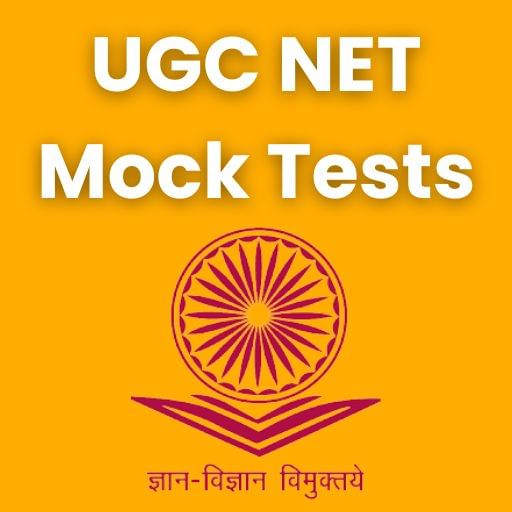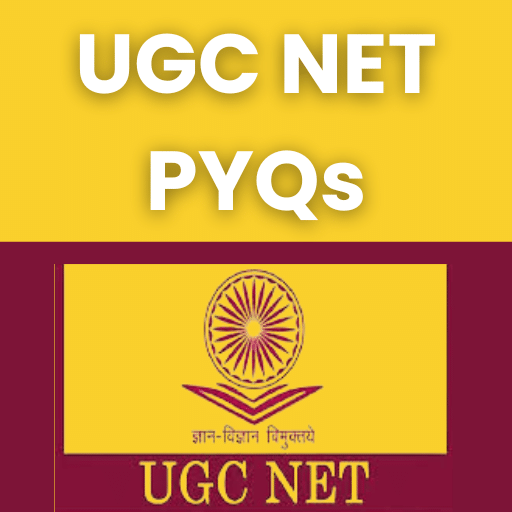Motion and Measurement of Distances Class 6 Worksheet Science Chapter 7
Q1: Multiple Choice Questions (MCQs)
(i) What is the SI unit for measuring mass?
(a) Kelvin
(b) Kilogram
(c) Meter
(d) Centimeter
(ii) Which type of motion involves an object moving on a circular path?
(a) Translatory motion
(b) Rectilinear motion
(c) Circular motion
(d) Rotational motion
(iii) What is the SI unit for measuring length?
(a) Kilogram
(b) Second
(c) Kelvin
(d) Meter
(iv) Which type of motion repeats itself in a fixed time interval?
(a) Translatory motion
(b) Rotational motion
(c) Periodic motion
(d) Vibratory motion
(v) What is the primary advantage of using SI units in measurements?
(a) They make measurements complicated.
(b) They vary from country to country.
(c) They ensure consistency and uniformity worldwide.
(d) They are only used for temperature measurements.
Q2: Fill in the blanks
(i) An object is said to be moving in translatory motion if its position changes concerning a _________________.
(ii) The SI unit for measuring mass is the ________________.
(iii) When an object moves to-and-fro between any two points, it is said to be in _________________ motion.
(iv) The hands of a clock exhibit ______________ motion.
(v) SI units provide consistency and uniformity in measurements, making comparisons _______________.
Q3: Match the Column
Match the terms in Column A with their correct descriptions in Column B.
 |
Download the notes
Worksheet: Motion and Measurement of Distances
|
Download as PDF |
Q4: True or False
(i) Accurate measurements are not important in our daily lives. (True/False)
(ii) The SI unit for measuring time is the hour. (True/False)
(iii) The symbol for a unit is always written in plural. (True/False)
(iv) Random motion is when an object moves in a predictable path. (True/False)
(v) The rotational motion of the Earth is not periodic. (True/False)
You can access the solutions to this worksheet here.
|
22 videos|80 docs|16 tests
|
FAQs on Motion and Measurement of Distances Class 6 Worksheet Science Chapter 7
| 1. What is the importance of measuring distances in our daily life? |  |
| 2. What are the different units used to measure distance? |  |
| 3. How can we measure distances accurately using a ruler? |  |
| 4. What tools can we use to measure larger distances beyond a ruler's length? |  |
| 5. How does understanding motion relate to measuring distances? |  |


























